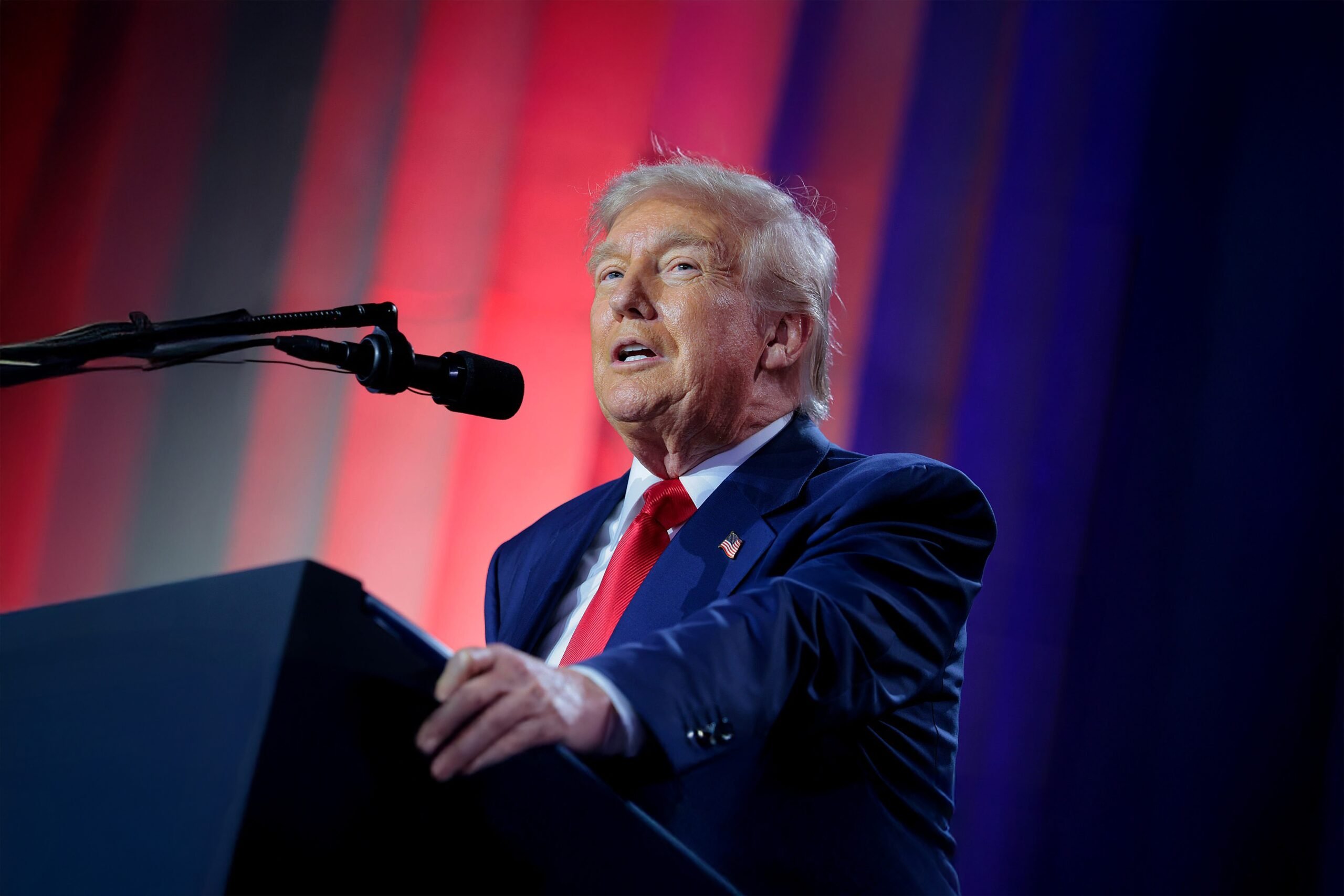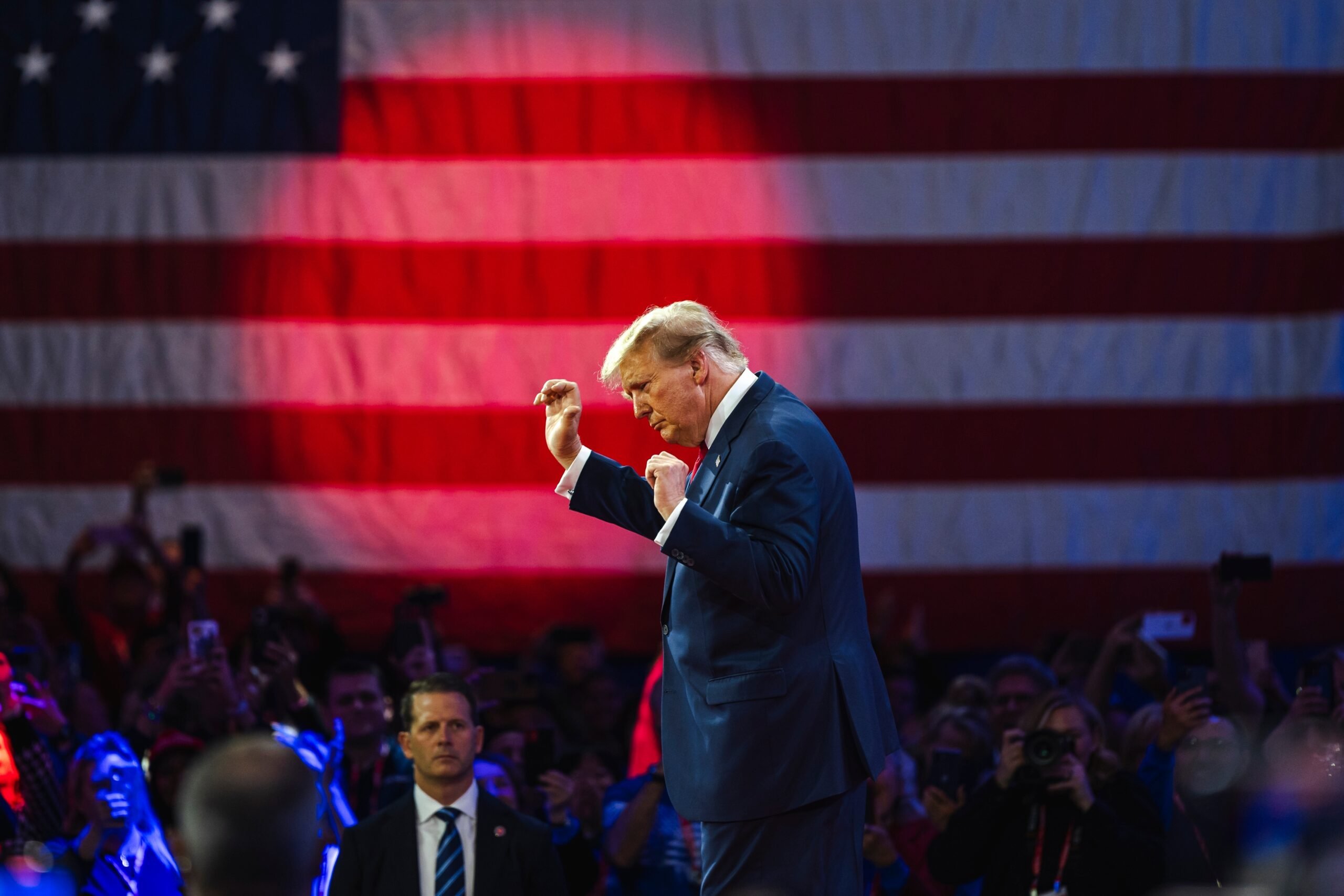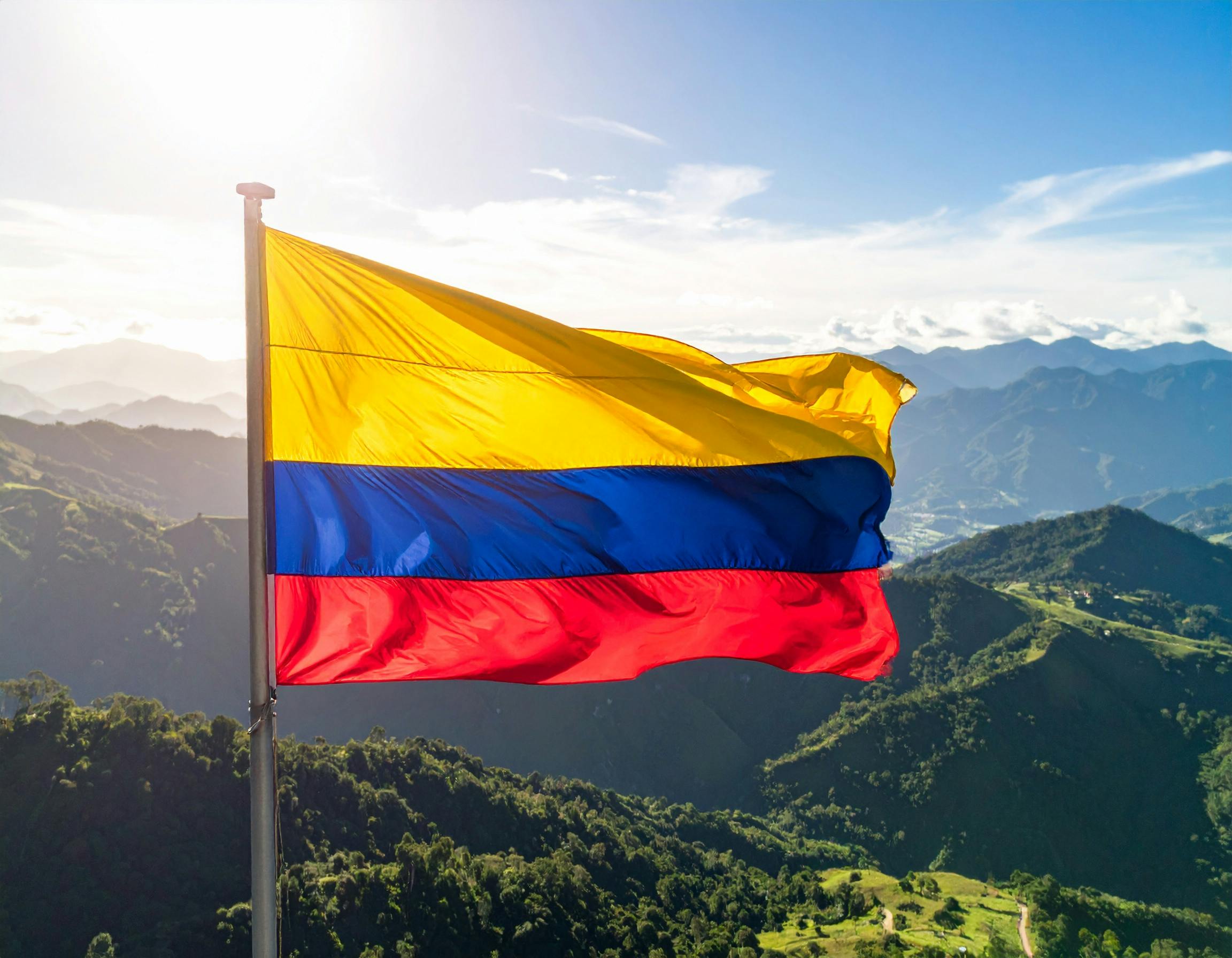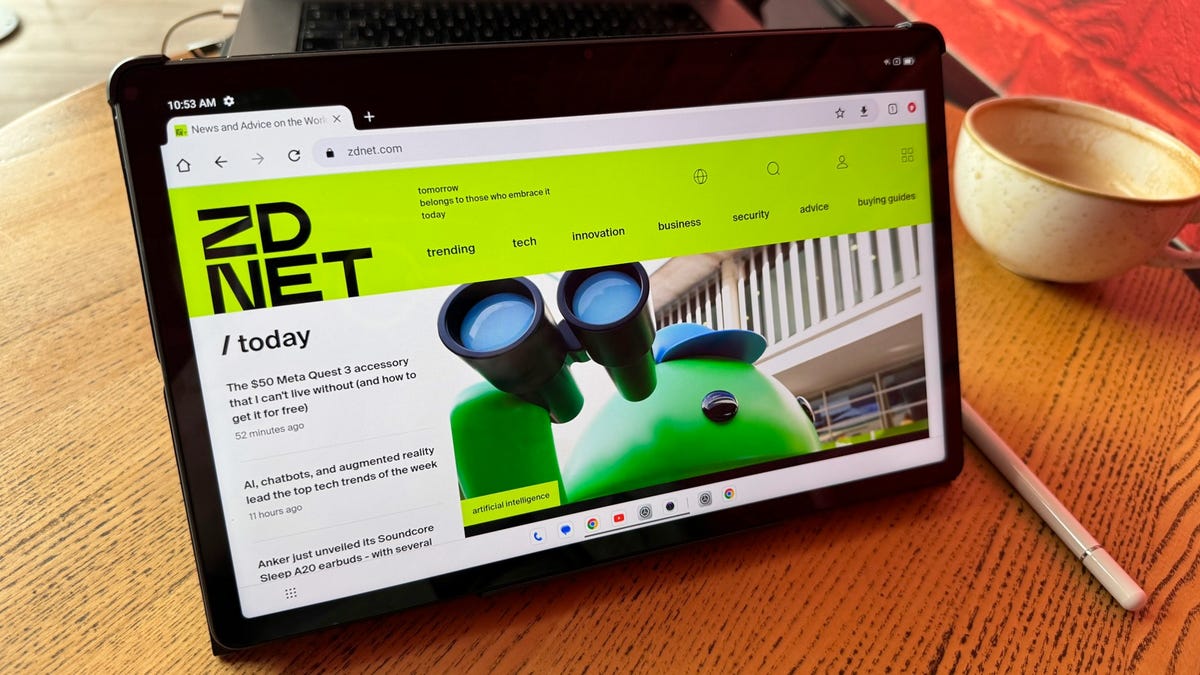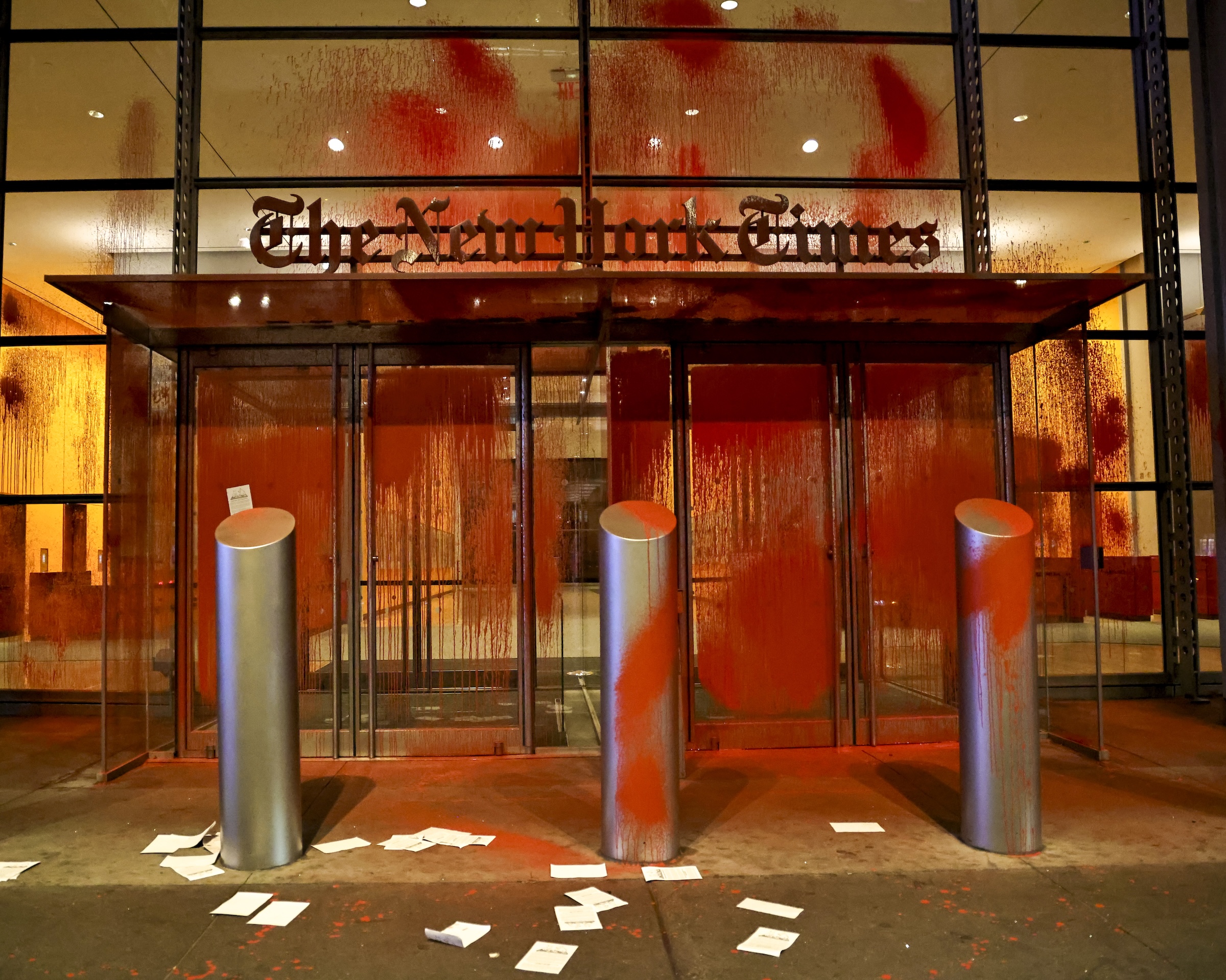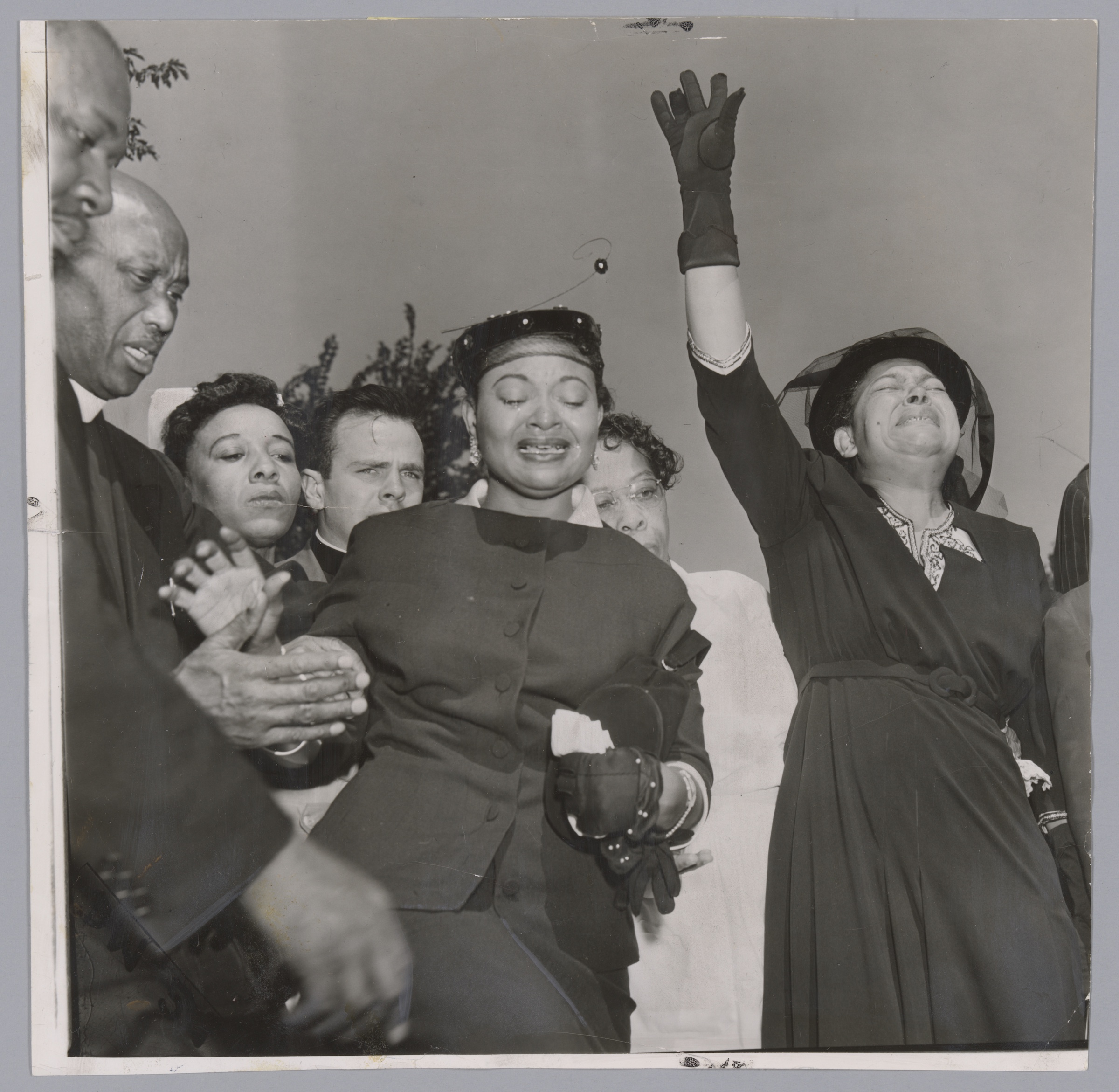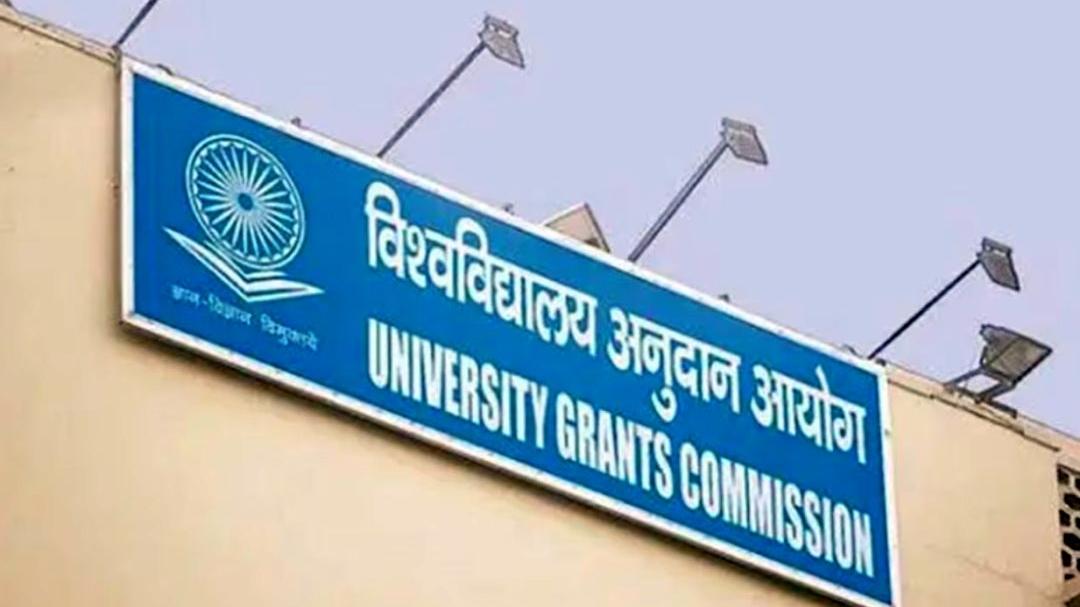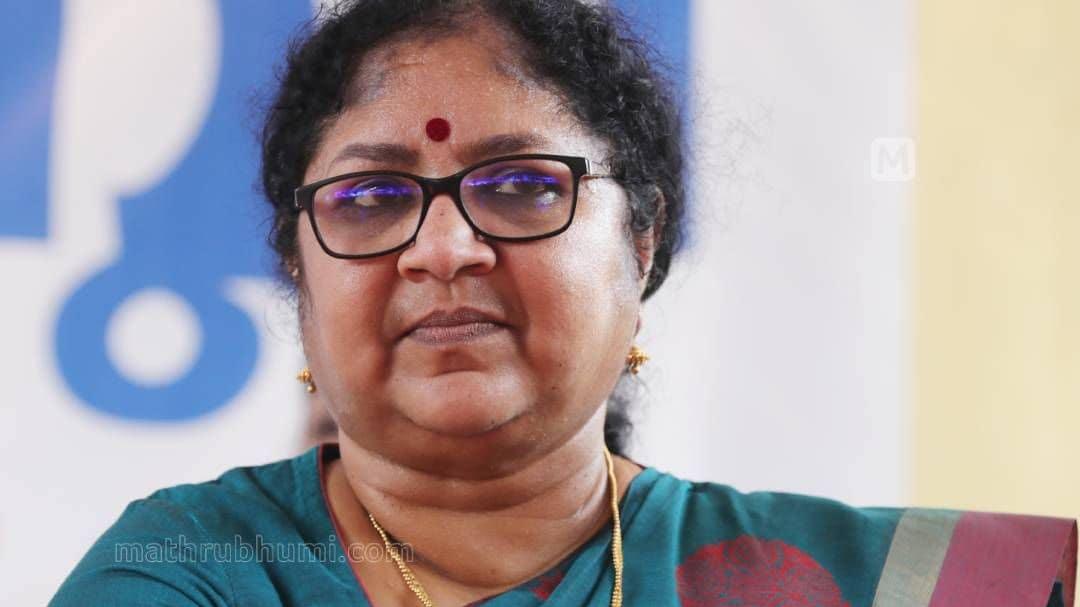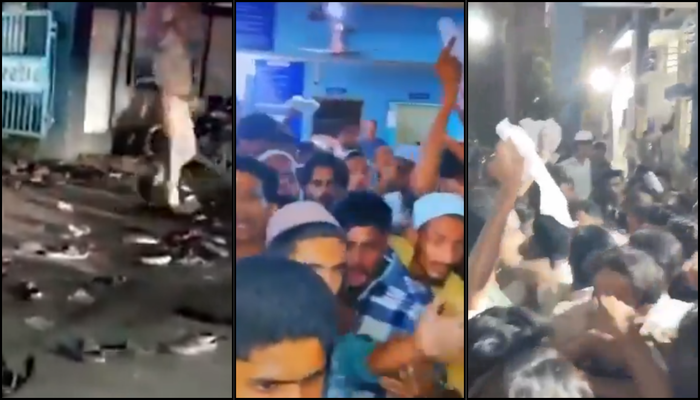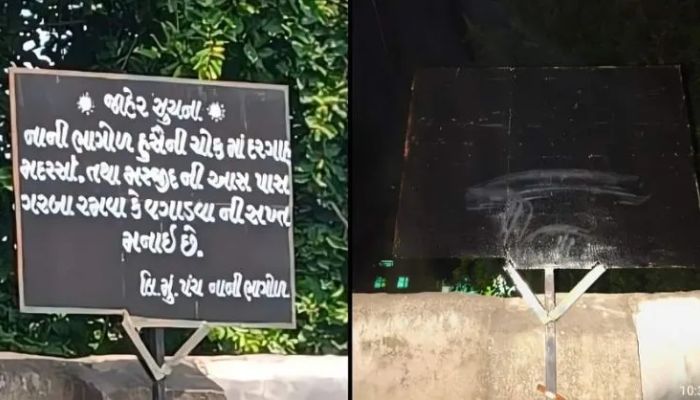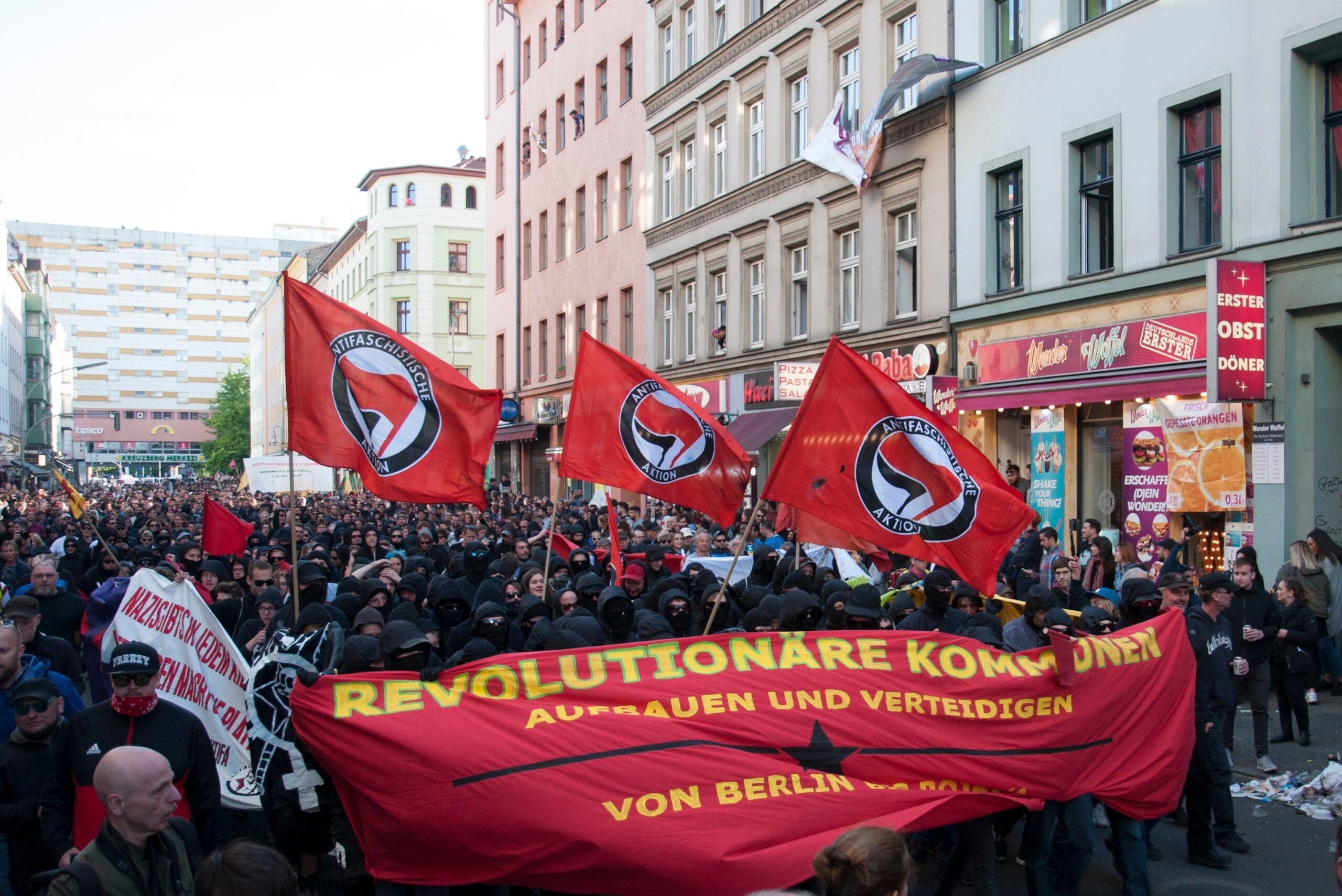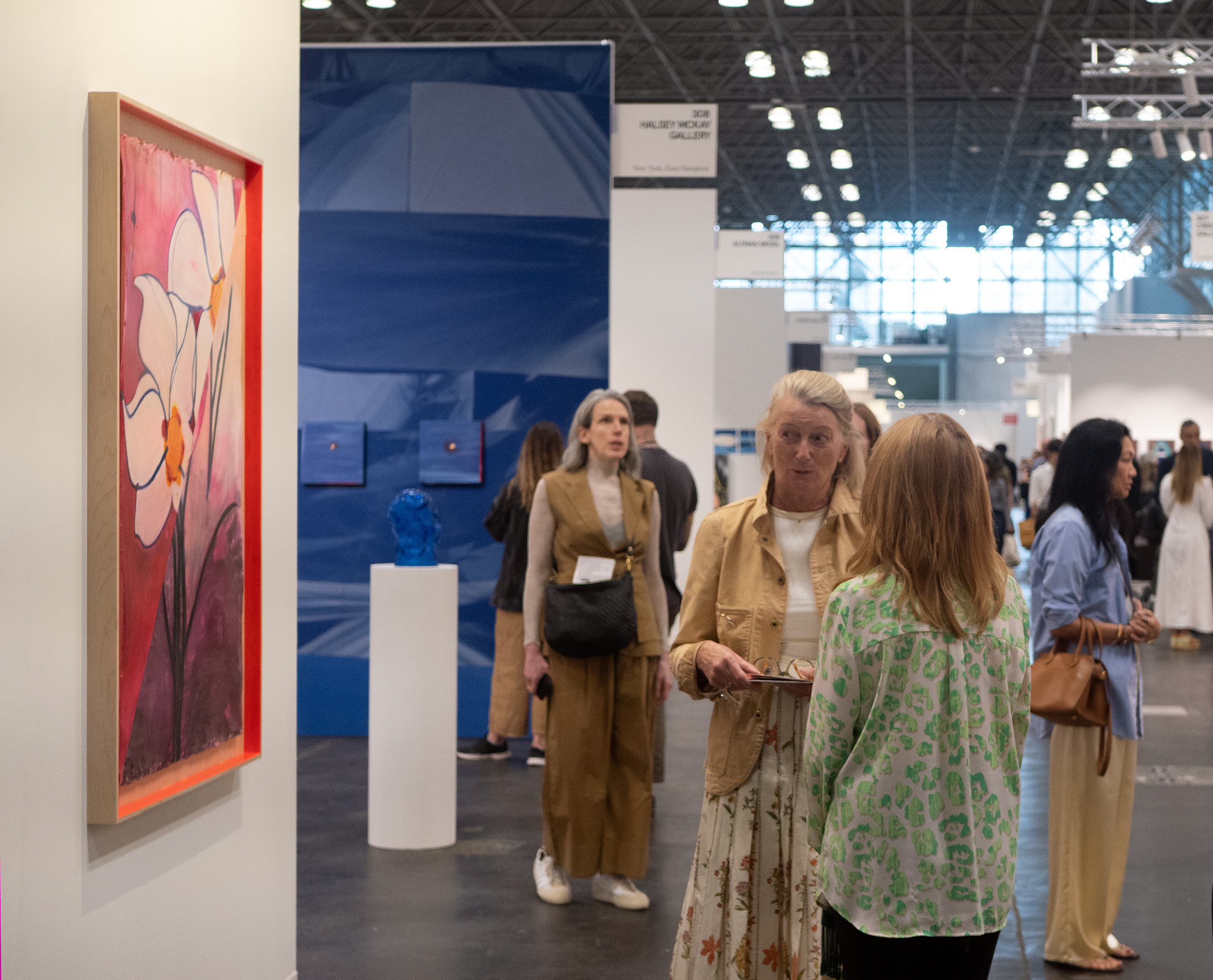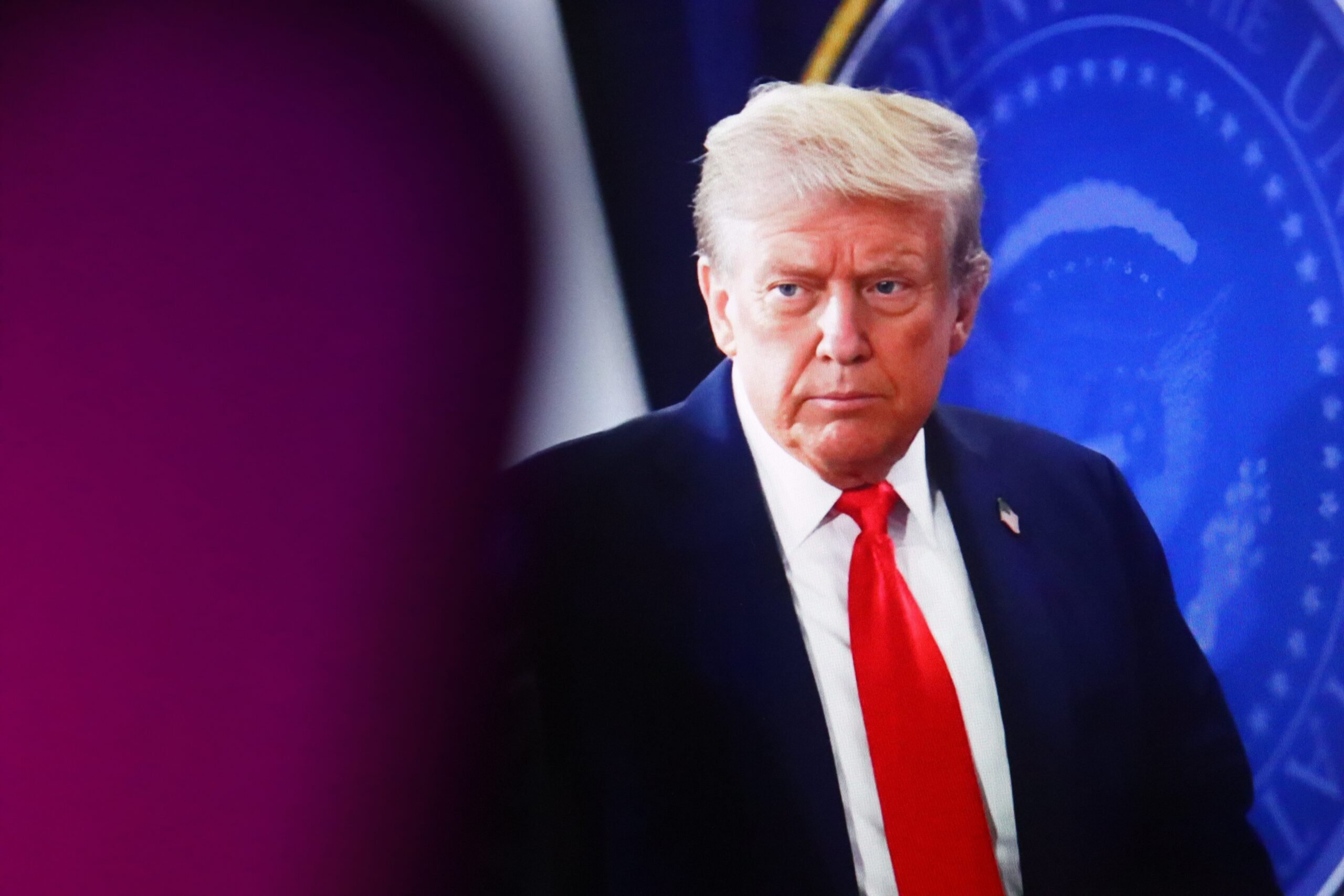Mismanagement, lack of NOCs and hidden fund motives: Ayodhya mosque trust faces heat as work fails to take off despite immediate land grant by govt and donations
The controversy regarding the new mosque in Ayodhya, as pronounced by the Supreme Court in the landmark Ram Mandir verdict, shows no signs of resolution. Each passing day only intensifies the challenges faced by the construction project. The recent discontent is associated with Iqbal Ansari, who served as a petitioner in the Supreme Court regarding the Ram Janmabhoomi–Babri Masjid dispute. Ansari resides across the street from the Ram Temple in a three-room home and witnesses thousands of people seeking Ram Lalla’s darshan every day. However, he lamented that a new mosque has not yet been constructed in lieu of the Babri. “When 5 acres of land was given for the mosque, why did a museum start being built there? A Muslim of India can give money for a mosque, but will never donate for a museum. Zafar Farooqi brought an absurd plan of hospital and museum in Dhannipur mosque. His thinking was that if we show this to people, we will get lots of money from within and outside the country and business will grow,” he expressed in a conversation with Bhaskar English. Zafar Ahmed Farooqui serves as chairman of Indo-Islamic Cultural Foundation (IICF). A modern mosque, a 200-bed hospital, a museum and a communal kitchen were among the ambitious plans revealed in 2020 by the trust which was established to manage the mosque and related projects. However, approval-related obstacles have prevented development from moving forward. Ansari added, “They should know that Indian Muslims are not foolish. After 6 years, now neither are people demanding a new mosque in place of Babri, nor are they interested in its construction. The Muslims of Awadh have given up hope that the mosque will be built now.” The Supreme Court rendered its decision in the Ram Janmabhoomi matter on 9th November 2019. The construction of the temple is nearing its conclusion after six years. However, not even the plan for the mosque has been authorised yet. According to a recent RTI, its layout proposal was automatically denied since it lacked the required NOC (No Objection Certificate). Muslims will now have to wait longer as a new plan will need to be put together. The responsibility clearly rests with the trust and the individuals associated with the construction of the new mosque, as they have consistently failed to obtain the necessary approvals for the new structure. A new mosque in Dhannipur town The Supreme Court ordered the Sunni Central Waqf Board to construct a new mosque in Ayodhya as part of its ruling in the Ram Janmabhoomi case. Afterward, on 3rd August 2020, Anuj Kumar Jha, the then-DM (District Magistrate) of Faizabad, gave the Waqf Board five acres of property at Dhannipur which is 25 kilometres from Ayodhya. The task of constructing a new mosque in the town of Dhannipur was assigned to IICF. The Muslim-majority neighbourhood of Dhannipur is located next to the Raunahi police station on the Faizabad–Lucknow National Highway. Muslims make up 60% of the population of the area which has 2,500 residents. IICF stated that the Mohammad-bin-Abdullah mosque which would have five minarets will be constructed on five acres of undeveloped land near the well-known Shahgada Shah shrine. A lack of funding and an unapproved building plan have caused the work to be put on hold. The issue surfaced on 16th September when Ayodhya Development Authority (ADA) responded to an RTI filed by journalist Om Prakash Singh, who lives in Devnagar Colony of Ayodhya and informed that the mosque trust has only paid ₹4 lakh in project fees thus far. IICF needs to obtain NOCs from the Public Works Department (PWD), the Fire Department, the Pollution Control Department, the Civil Aviation Department, the Irrigation Department, and the Municipal Corporation before beginning any development on the property. The last six years have seen the mosque trust unable to carry out its obligation. “On 23rd June 2021, the mosque trust had applied for approval of the plan, but later they withdrew the first plan. The deadline was to get all NOCs cleared by November 2024. The mosque trust could not get this work done by the set time. This was the reason that the building layout plan was automatically rejected from the portal,” ADA Secretary Hem Singh conveyed. 6 years and no work amid growing resentment among Muslims IICF made a public request in August 2021 for assistance in constructing the mosque following the court ruling. The trust made its bank account information publicly available for this purpose. The trust had received approximately ₹40 lakh in donations from all throughout the nation by November 2022. The Shahgada Shah shrine at Dhannipur displayed posters with pictures of the Mohammad-bin-Abdullah mosque with the words “A masterpiece in making.” Slowly, time went by, but the mosque’s construction did not start. T he posters of the new mosque that had been affixed to the shrine were also taken down. “At first it seemed that t
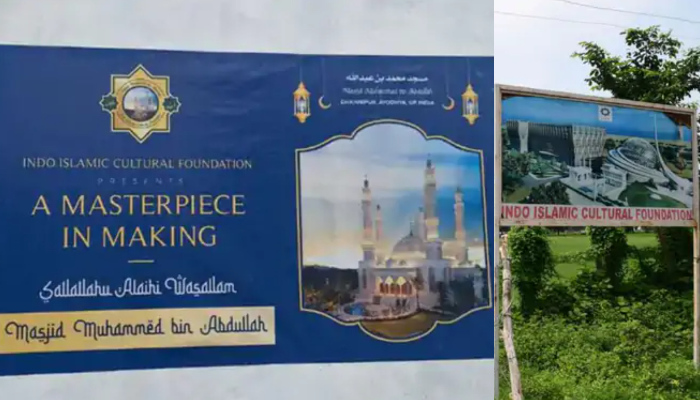


The controversy regarding the new mosque in Ayodhya, as pronounced by the Supreme Court in the landmark Ram Mandir verdict, shows no signs of resolution. Each passing day only intensifies the challenges faced by the construction project. The recent discontent is associated with Iqbal Ansari, who served as a petitioner in the Supreme Court regarding the Ram Janmabhoomi–Babri Masjid dispute.
Ansari resides across the street from the Ram Temple in a three-room home and witnesses thousands of people seeking Ram Lalla’s darshan every day. However, he lamented that a new mosque has not yet been constructed in lieu of the Babri.
“When 5 acres of land was given for the mosque, why did a museum start being built there? A Muslim of India can give money for a mosque, but will never donate for a museum. Zafar Farooqi brought an absurd plan of hospital and museum in Dhannipur mosque. His thinking was that if we show this to people, we will get lots of money from within and outside the country and business will grow,” he expressed in a conversation with Bhaskar English.
Zafar Ahmed Farooqui serves as chairman of Indo-Islamic Cultural Foundation (IICF). A modern mosque, a 200-bed hospital, a museum and a communal kitchen were among the ambitious plans revealed in 2020 by the trust which was established to manage the mosque and related projects. However, approval-related obstacles have prevented development from moving forward.
Ansari added, “They should know that Indian Muslims are not foolish. After 6 years, now neither are people demanding a new mosque in place of Babri, nor are they interested in its construction. The Muslims of Awadh have given up hope that the mosque will be built now.”
The Supreme Court rendered its decision in the Ram Janmabhoomi matter on 9th November 2019. The construction of the temple is nearing its conclusion after six years. However, not even the plan for the mosque has been authorised yet. According to a recent RTI, its layout proposal was automatically denied since it lacked the required NOC (No Objection Certificate). Muslims will now have to wait longer as a new plan will need to be put together.
The responsibility clearly rests with the trust and the individuals associated with the construction of the new mosque, as they have consistently failed to obtain the necessary approvals for the new structure.
A new mosque in Dhannipur town
The Supreme Court ordered the Sunni Central Waqf Board to construct a new mosque in Ayodhya as part of its ruling in the Ram Janmabhoomi case. Afterward, on 3rd August 2020, Anuj Kumar Jha, the then-DM (District Magistrate) of Faizabad, gave the Waqf Board five acres of property at Dhannipur which is 25 kilometres from Ayodhya.
The task of constructing a new mosque in the town of Dhannipur was assigned to IICF. The Muslim-majority neighbourhood of Dhannipur is located next to the Raunahi police station on the Faizabad–Lucknow National Highway. Muslims make up 60% of the population of the area which has 2,500 residents.
IICF stated that the Mohammad-bin-Abdullah mosque which would have five minarets will be constructed on five acres of undeveloped land near the well-known Shahgada Shah shrine. A lack of funding and an unapproved building plan have caused the work to be put on hold.
The issue surfaced on 16th September when Ayodhya Development Authority (ADA) responded to an RTI filed by journalist Om Prakash Singh, who lives in Devnagar Colony of Ayodhya and informed that the mosque trust has only paid ₹4 lakh in project fees thus far.
IICF needs to obtain NOCs from the Public Works Department (PWD), the Fire Department, the Pollution Control Department, the Civil Aviation Department, the Irrigation Department, and the Municipal Corporation before beginning any development on the property. The last six years have seen the mosque trust unable to carry out its obligation.
“On 23rd June 2021, the mosque trust had applied for approval of the plan, but later they withdrew the first plan. The deadline was to get all NOCs cleared by November 2024. The mosque trust could not get this work done by the set time. This was the reason that the building layout plan was automatically rejected from the portal,” ADA Secretary Hem Singh conveyed.
6 years and no work amid growing resentment among Muslims
IICF made a public request in August 2021 for assistance in constructing the mosque following the court ruling. The trust made its bank account information publicly available for this purpose. The trust had received approximately ₹40 lakh in donations from all throughout the nation by November 2022.
The Shahgada Shah shrine at Dhannipur displayed posters with pictures of the Mohammad-bin-Abdullah mosque with the words “A masterpiece in making.” Slowly, time went by, but the mosque’s construction did not start. T he posters of the new mosque that had been affixed to the shrine were also taken down.
“At first it seemed that the government didn’t want the mosque to be built, but now it appears that the mosque trust itself doesn’t want to move the work forward. Many dates were given for the new mosque, bricks and materials arrived. Even the land was measured, yet work couldn’t begin,” highlighted a man named Mohammad Shamim.
Dhannipur local Sohrab Khan was a member of the mosque committee, but he deleted his name from there because the work did not begin on time. “People in the area have lost hope regarding the new mosque because for the past 6 years there have only been promises after promises that work will start now, work will start then. Nothing has happened till today. Now it is being revealed that due to incomplete NOC, ADA has also rejected its plan,” he complained.
Iqbal Ansari lashes out at the trust
Iqbal Ansari is also angry about the lack of progress on the mosque project. He believed that the mosque was intended for Dhannipur’s Muslim community, but there are currently plans to construct a kitchen and museum there.
He mentioned, “Our ancestors testified for the Babri Masjid. Fought the case, but after the verdict came, the responsibility of the new mosque was given to Zafar Farooqi’s trust. They left out the local Muslims and recruited outsiders in the trust. Because of this, the people of Faizabad stopped taking interest in it. Everyone thinks why should we donate to those whom we don’t know.”
Ansari declared, “In Islam, if even a wall is erected and named as a mosque, people start considering it a place of worship. The foreign design that Zafar Farooqi brought had hidden motives of earning money rather than building a mosque.”
Non-payment of fee to ADA
The ADA disclosed that the mosque committee had sent in a revised map for approval, during the consecration ceremony of the Ram Mandir. However, they would only receive approval after they paid the land use conversion fee. At the time, this sum exceeded ₹1 crore. The green light could only be given to construction if the money has been paid.
“Before starting any construction on the 5-acre government land given in Dhannipur, the mosque trust will have to get different NOCs cleared. Due to this process being pending for a long time, the mosque map was automatically rejected from the portal,” Hem Sigh stated.
He further conveyed, “After the map rejection, now the mosque trust will have to submit all documents again and get NOCs cleared as soon as possible. Only then can the work proceed. The map was auto-rejected in November 2024 itself, but the mosque trust has not talked to us about this matter till today.”
Hem Singh pointed out that the trust had submitted an application for approval of the initial map in June 2021, but they later modified their strategy. No trust member has met with the ADA since 2023 to authorise the updated map as of right now.
He asserted, “The mosque plan can only be approved when they re-upload all necessary documents on the portal with the new application. The trust will also have to inform the ADA about the new map if there are changes in the old map again.”
No NOC for the construction
Mosque trust secretary Athar Husain said that during a site inspection, the fire department had raised concerns about the approach road. As per the norms for the proposed mosque and hospital building, the road should be 12 metres wide, while the road at the site is only about six metres wide and just four metres wide at the main approach of the mosque.
The mosque trust’s secretary, Athar Husain, previously revealed that during a site inspection, the fire department had voiced concerns over the approach road. According to Husain in November 2022, the ADA provided 14 of the 15 NOC needed for the construction but the fire department’s refused because of the road’s narrowness. Notably, the problem continues to persist as the issue has not been fixed even after all this time.
Majority of funds given by Hindus for the mosque
The Supreme Court gave the site to the state Sunni Central Waqf Board in order to appease the Muslim community which has been claiming the Ramjanmabhoomi for many years. About four months following the verdict, the state board finally agreed to accept the land, despite their initial resistance. Notably, a Hindu individual donated the initial donation to help build the mosque.
According to Athar Husain, secretary of the mosque trust, Rohit Srivastava submitted the first cheque for 21,000 as a donation for the mosque. Till November 2022, out of the total amount of donation received by the mosque trust, around 40 per cent was given by Hindus, while Muslims have only contributed 30 per cent.


